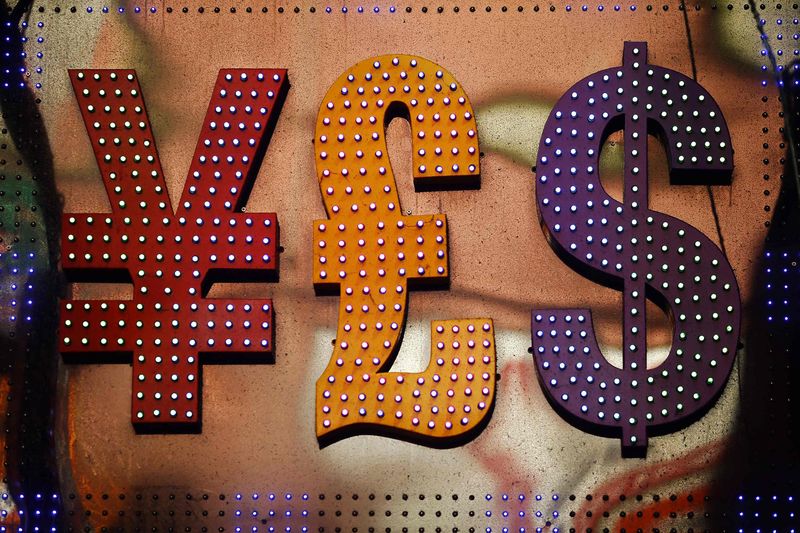* Rates action signals reduced bets on Fed hike next month
* Euro gains from emerging markets volatility
* Euro tops $1.12 to strongest level since June (Recasts, adds quotes and late prices; changes byline and dateline; previous LONDON)
By Michael Connor
NEW YORK, Aug 20 (Reuters) - The dollar fell against the euro and other major currencies on Thursday as bets dwindled on the Federal Reserve next month raising U.S. interest rates for the first time in nearly a decade.
The euro EUR= posted the best gains among major currencies, rising 0.80 percent against the dollar to top $1.12, due to turmoil in emerging market currencies touched off by China's yuan devaluation last week.
Traders said the probability of a September hike by the Fed is now around 40 percent, with many investors exiting dollar positions after Wednesday's release of minutes from a Fed policymakers meeting contained nothing definitive about the timing of a rate increase. That was down from a probability of about 50 percent at the end of July.
Short-term U.S. interest rates in the over-the-counter market on Thursday suggested traders now see just a one-in-three chance of a September rate hike, down from 48 percent a week ago.
"Many were disappointed that the Fed remained decidedly noncommittal (in the minutes) but we think the door to a September hike remains wide open," said Omer Esiner, chief market analyst at Commonwealth Foreign Exchange in Washington.
U.S. jobless claims data issued on Thursday showed the underlying strength of America's labor market and economy allowed for a rate hike, Esiner said.
"These are data to put into the column that argues for a September rate hike by the Fed," he said.
The dollar index .DXY was last off 0.30 percent, while the dollar was down 0.05 percent against the yen JPY= at 123.75 yen and the British pound GBP= was off 0.10 percent against the dollar at $1.5658.
The euro touched $1.2220, its best showing against the dollar since June 30.
The euro has become a favored funding currency for emerging markets investors and others borrowing in currencies with relatively low interest rates and was gaining from those investors exiting risk assets, according to Esiner.
"The euro is poised to benefit from continued global volatility," Esiner said.
Emerging markets took a fresh battering as Turkey's lira plunged to a fresh record low. Concerns over fast-falling oil and commodity prices were aggravated by turmoil in the Chinese markets.
The Norwegian crown fell to its lowest in over seven months against the euro after Norway's economy slowed in the second quarter, leaving the door open for more monetary easing in coming months.
